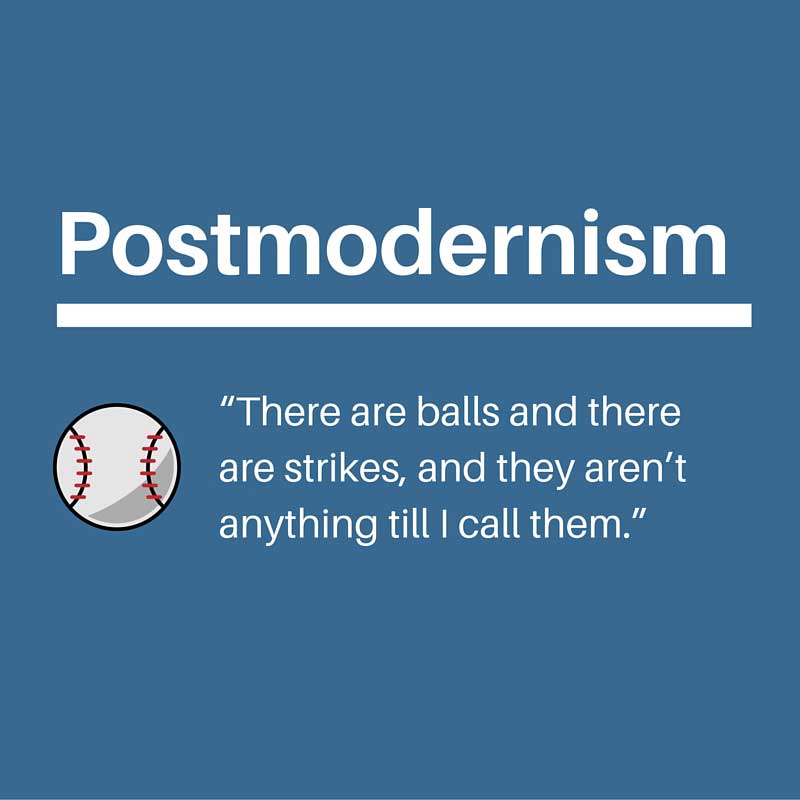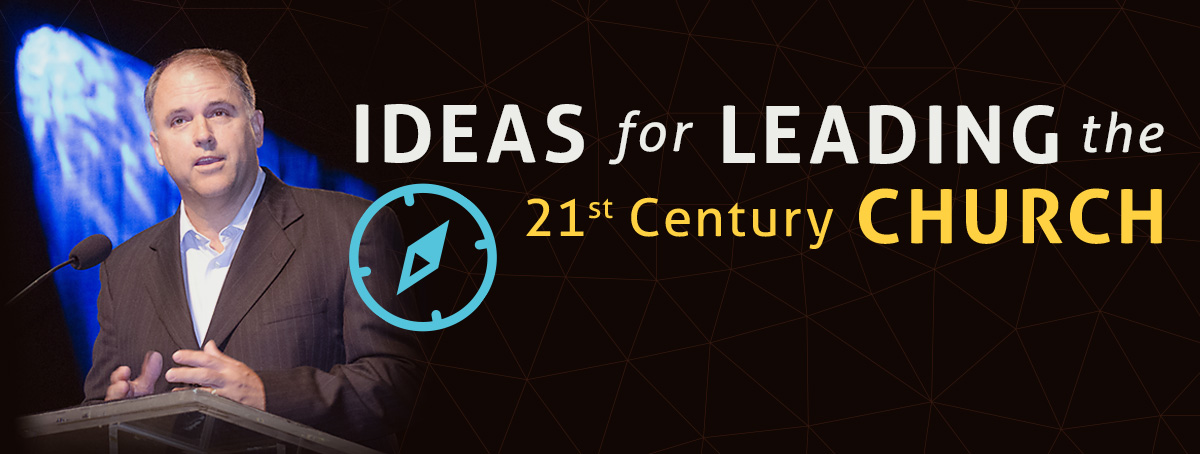Cable TV, satellite dishes and the Internet have not only brought America together; they have shaped the way people process truth and life. They have shaped values and thinking patterns. This is not just a big city issue or a West coast issue. People everywhere are processing life in radically different ways. The media has been a primary source for the introduction of postmodernism, which is a great contributor to these changes.
Over a short series of three articles I will highlight a few issues surrounding postmodernism. You may not know the term, but you, your family members, and your church cannot escape its influence. This week we examine a brief definition of postmodernism and some of the things postmodern people believe.
Before describing postmodernism, let me set the stage. Modernity started around the Renaissance and Reformation. Modernity was built around scientific discovery, truth, individualism, and human progress. Modernists believed that man could perceive and know absolute truth simply through the rational mind.
Postmodernism is a 20th century development and is impossible to precisely describe. In general, postmodernity is a rejection of many components of modernity. Postmodernity highlights experience, subjective knowledge, community, and preference. In essence, everything that was thought to be absolute is now being debated and reexamined. Some positive and negative implications for the church will be examined at a later date.
Modernity and postmodernity mean very different things. Postmodernity has a range of influence on people from very little to complete immersion. An illustration might help us grasp the difference. I played baseball at MSU in the mid 80s, so Walter Anderson’s story communicates to me.
Three umpires were sitting around before a game talking about their job. The first umpire [thoroughly modern] said, “There are balls and there are strikes and I call them.” The second umpire [a bit of both] said, “there are balls and there are strikes and I call them as I see them” The last umpire [thoroughly postmodern] said, “There are balls and there are strikes, and they aren’t anything till I call them.”

Our world and people are changing rapidly. However, our message and task has not changed. We are called to effectively communicate the hope of Jesus Christ within us and encourage people to follow Christ in a dynamic relationship with Him and others. So, we should seek to understand not only postmodernism, but how people who are influenced by it. If you are not predominately postmodern yourself, you may have children and probably have grandchildren who are.
Christians have the most important message known in the history of the world. If we are unable to connect lost people with this life-changing message, it will be said of us like it was said in Judges 2:10 “another generation grew up, who knew neither the LORD nor what he had done for Israel.” Learning to share our faith in a postmodern world must be a priority!
A wise saying exhorts us to seek first to understand before seeking to be understood. You understand by talking with people. Since I am a professor, let me make an assignment. Interview 7-10 unchurched adults under age 35. Focus on listening, not trying to convince or debate. Posture yourself as someone who is seeking to understand what people are thinking and feeling which is the goal of the interviews. You might be pleasantly surprised how open people are to talk with you about spiritual matters.
The following are questions you might consider asking….
- To you, what is God like? Describe God.
- What do you think is important and not important to God?
- How would you describe your religious background and church involvement if any?
- What do you think it takes to be straightened out with God?
- Describe what the term Jesus Christ means to you.
- From your perspective, what are churches trying to do?
Both Sundays and the other days of the week are very different than before. People are processing life from a radically different perspectives, whether they are in your church or across the street. In the next two articles we will explore “Postmodernism: It’s Impact” and “Postmodernism: How Do We Respond”.
